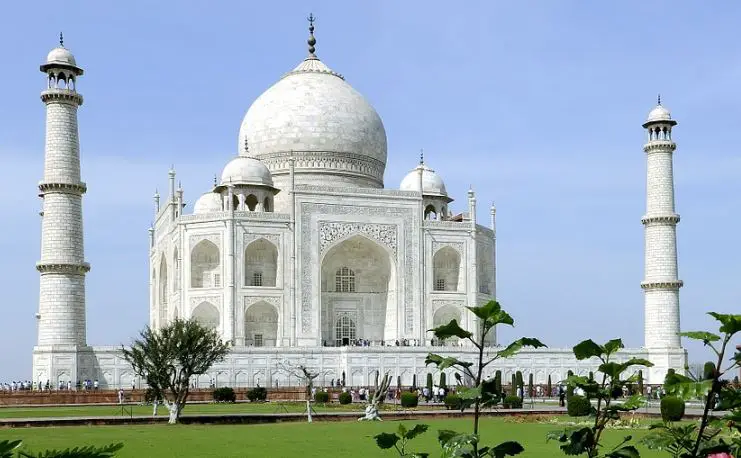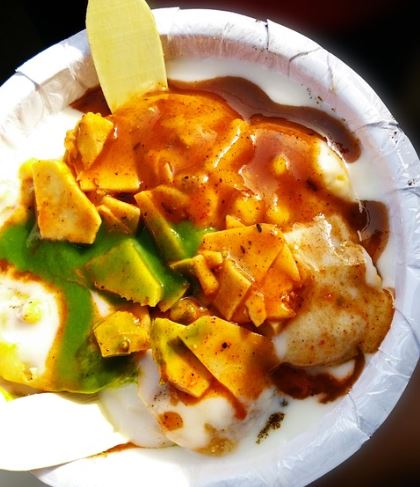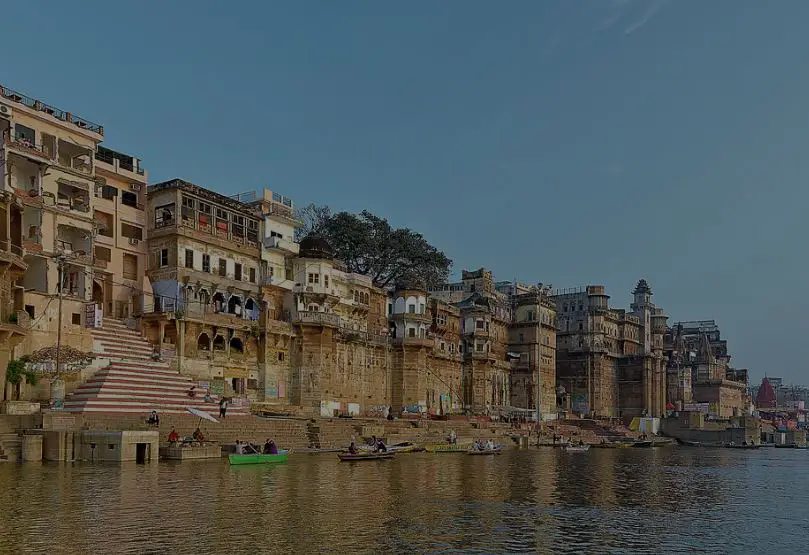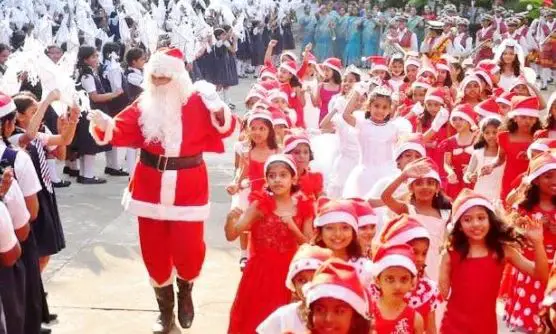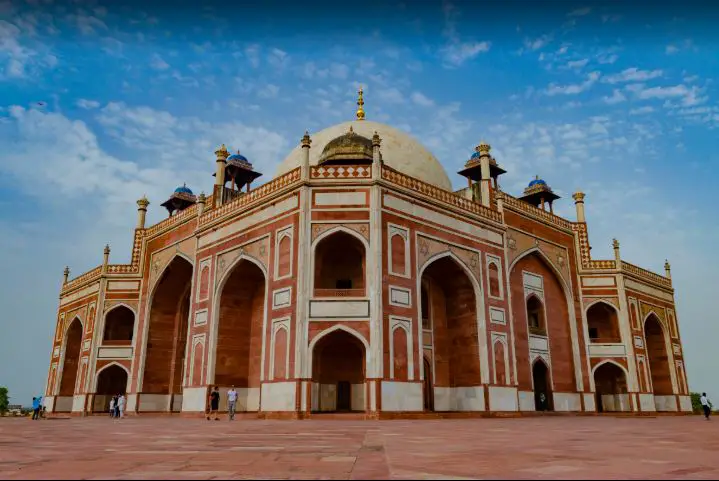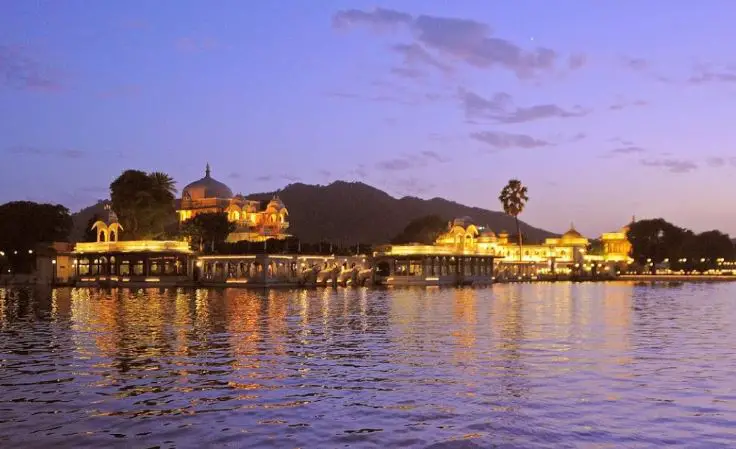How do I participate in religious and cultural festivals in India?
Post ByAdequate Travel
Summary
India is a land of diversity, with an array of cultural and religious festivals that bring people together to celebrate their traditions. Whether you're an international visitor or an Indian national, there are a variety of ways to participate in India's religious and cultural festivals. Learn about how to join in these festivities here. As you prepare for your journey, familiarize yourself with the specific entry requirements, including any necessary visas or documentation.Participating in Religious and Cultural Festivals in India
1. Choose the festival: India is a diverse country with numerous religious and cultural festivals celebrated throughout the year. Research and decide which festival(s) you would like to participate in.
Example: If you are interested in Hindu festivals, you may choose Diwali, Holi, or Ganesh Chaturthi.
2. Learn about the festival: Familiarize yourself with the traditions, customs, and significance of the chosen festival. This will enable you to fully understand and appreciate the festivities.
Example: For Diwali, learn about the lighting of diyas (lamps), Rangoli (artistic designs made with colored powders), and the importance of Goddess Lakshmi.
3. Find a location: Festivals are celebrated throughout India, but some places have a particular significance for certain festivals. Choose a location where the festival is celebrated in a grand or traditional manner.
Example: If you want to experience Holi, consider visiting Mathura in Uttar Pradesh, which is known for its vibrant Holi celebrations.
4. Dress appropriately: Depending on the festival, there may be certain dress codes or cultural norms to follow. Respect the traditions by wearing appropriate attire.
Example: For attending a traditional Indian wedding during Navratri, women usually wear colorful sarees or lehengas, while men wear kurta-pajamas or Sherwanis.
5. Participate in rituals: During the festival, engage in the customs and rituals as guided by locals. This will allow you to connect with the community and have a more immersive experience.
Example: Participate in the aarti (prayer ceremony) during Diwali, where devotees offer prayers to deities with incense sticks and lamps.
6. Try local cuisine: Food plays a significant role in Indian festivals. Savour the traditional delicacies and special dishes prepared during the festival.
Example: During Eid, relish the mouth-watering biryanis, kebabs, and sheer khurma, a sweet dish prepared with vermicelli, milk, and dry fruits.
7. Respect cultural norms: It is important to respect local customs and traditions while participating in festivals. Be mindful of cultural sensitivities and follow any guidelines provided.
Example: In temples or religious places, remove your shoes before entering and cover your head if required.
8. Interact with the locals: Engage with the local community to understand their perspectives, experiences, and stories associated with the festival. This can enhance your understanding and appreciation of the event.
Example: Strike up conversations with locals during the Kumbh Mela to learn about their spiritual beliefs and experiences.
9. Capture memories: Take photographs or videos (where allowed) to document your experiences and share them with others. However, ensure that photography is appropriate and respectful.
Example: Capture the mesmerizing colors of the Rangoli designs or the joyful spirit of dancers during the Durga Puja festival.
10. Show gratitude: Express your gratitude to the hosts, organizers, and locals for allowing you to be a part of their festival. Thank them for their hospitality and for sharing their culture.
Example: Offer your thanks to the locals who invited you to be a part of their Navratri Garba celebrations.
By following these steps, you can actively participate in religious and cultural festivals in India, immersing yourself in the traditions and creating memorable experiences.Before embarking on your journey to india, make sure to check the latest travel guidelines and entry requirements to ensure a smooth tripSuggested Questions
- Kuldhara Village, Rajasthan: Horror Story, History & Paranomial Activities
- Vrindavan Society, Thane, Maharashtra: Horror Story, History & Paranomial Activities
- The Savoy, Ooty, Tamil Nadu: Horror Story, History & Paranomial Activities
- Shaniwarwada Fort, Maharashtra: Horror Story, History & Paranomial Activities
- Feroz Shah Kotla Fort, Delhi: Horror Story, History & Paranomial Activities
- GP Block, Meerut, Uttar Pradesh: Horror Story, History & Paranomial Activities


